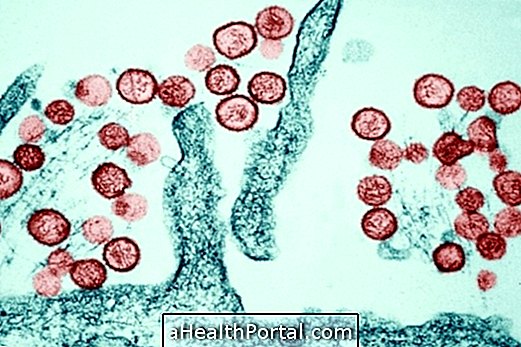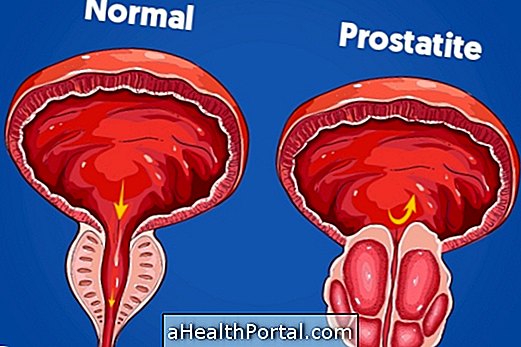Cystitis is an infection or inflammation in the bladder that is most common in women, also called a low urinary tract infection.
Women who have active sex life are more likely to develop cystitis due to condom use, spermicide, hygienic shower after intercourse or other similar situations, which alter the pH of the vagina facilitating the entry of microorganisms.
Main causes of cystitis
Some of its causes are:
- Migration of bacteria from the vaginal tract;
- Infection by viruses or fungi;
- Side effect of some antibiotic;
- Low immunity;
- Irradiation;
- Use of spermicides;
- Diaphragm;
- Hygienic shower;
- Tampons;
- Urethral catheter.
This type of infection is more common in women because of the proximity of the urethra to the anal region. This distance is greater in men and when associated with other factors such as decreased immune system there may be a urinary infection and in some cases urethritis and pyelonephritis associated.
Consequences of cystitis
As a consequence of poorly treated cystitis, the migration of bladder bacteria to the kidneys (pyelonephritis) can make the case more serious. When they reach the kidneys, it generates symptoms such as fever, low back pain and vomiting. The diagnosis is made through a urine test that checks for the presence of bacteria and its treatment is done with antibiotics.
Treatment for pyelonephritis should be instituted rapidly, preferably with intravenous antibiotics, to prevent bacteria from reaching the bloodstream and causing sepsis, a serious clinical picture that can lead to death.























